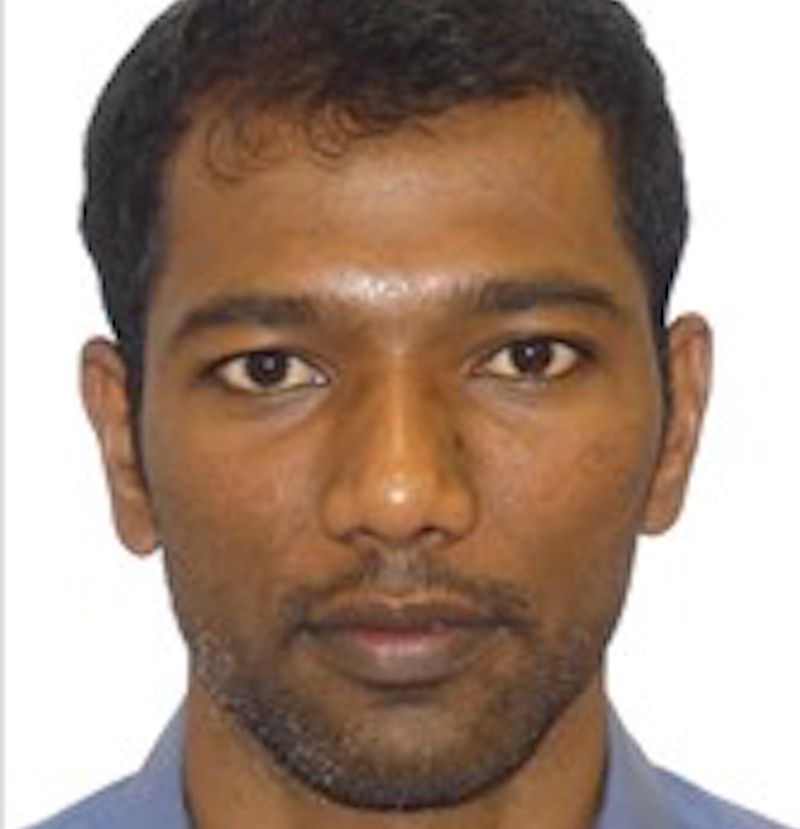Research team members

Dist Prof Magdalena Plebanski, Head
Magdalena is an internationally recognised and award-winning researcher. Her focus is on developing practical and affordable vaccines and treatments for complex diseases like malaria and cancer. She has also pioneered the use of synthetic size-defined non-inflammatory nanoparticles in vaccines.
Magdalena has forged a stellar career in medical and health research. She came to Australia from Oxford University in the UK, where she showed new ways in which malaria parasites can trick the human immune system. More recently, her insights have been used to help understand cancer progression across multiple human clinical trials, particularly leukemia and ovarian cancer.
Magdalena is also the director of the Biomedical and Health Innovation Enabling Impact Platform.

Dr Kirsty Wilson, VC Postdoctoral Fellow, Vaccines
Kirsty is interested in studying the effects of vaccines on the immune system, in both human clinical trials and animal models. Over the past ten years, Kirsty has also been generating and testing nanoparticles as vaccine delivery systems and investigating how they interact with specific cell types to enhance the immune response.

Dr Jennifer Boer, Postdoctoral Research Fellow, Bioinformatics
Jennifer is actively fostering the use of Big Data at RMIT by co-founding the RMIT Bioinformatics network, providing bioinformatics literacy through user group meetings, workshops and symposia, and by lecturing bioinformatics to both graduate and undergraduate students. Her research focuses on the immunomodulatory effects of both conventional and nanoparticle-based vaccines in the context of infectious disease and (brain) cancer using systems vaccinology and big data approaches.

Dr April Kartikasari, Postdoctoral Research Fellow, Epigenetics
April obtained her PhD in Medicine from Utrecht University, The Netherlands. Her doctoral work focused on iron metabolism and age-related inflammation. She further was a California Institute of Regenerative Medicine fellow at University of California, Los Angeles, working on endoderm specification and beta cell regeneration for diabetes. Currently, April is applying her previous knowledge to understand immune-epigenetic processes in age-related diseases, and help development of diagnosis, prognosis and treatment for ovarian cancer.
- Email: april.kartikasari@rmit.edu.au
- View April's LinkedIn page
- View April's Google scholar page
- View April's RMIT staff profile

Dr Monica Prakash, Laboratory Administrator
Monica has a background in biochemistry and molecular biology, and completed a PhD in immunology at Monash University in 2013. She has since worked post-doctorally in the areas of neuroscience and complementary medicine before joining the CAVA laboratory in 2018.

Dr Pooria Lesani, VC Postdoctoral Fellow and Fulbright Scholar, Nanomedicine
Pooria is a RMIT Vice-Chancellor's Postdoctoral Research Fellow and a recipient of the esteemed Fulbright Postdoctoral Fellowship (2023-2024) at MIT's Koch Institute for Integrative Cancer Research. With a PhD in biomedical engineering from the University of Sydney (2022) and degrees in materials science, his work focuses on pioneering fluorescent nanoparticles for medical applications. He combines materials science, nanotechnology, and cell biology to devise nanoparticle systems for precise disease detection and therapy.














